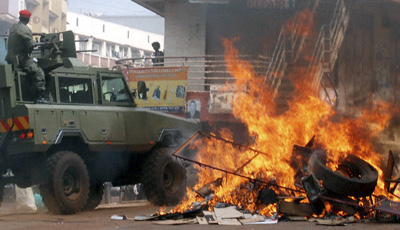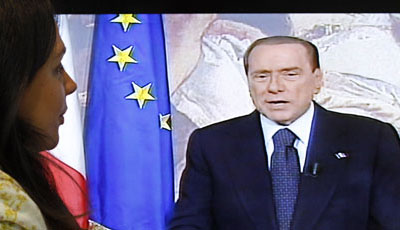Kyrgyz government blocks access to news website
New York, February 23, 2012–The Kyrgyz government’s decision to block access to the independent news website Ferghana News contradicts the country’s declared commitment to press freedom and should be overturned immediately, the Committee to Protect Journalists said today.
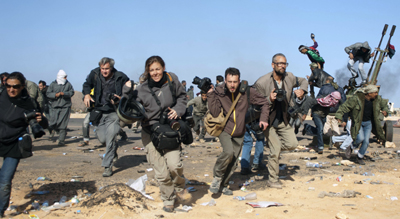
Attacks on the Press in 2011
Trade and the Internet are turning us into global citizens, but the news we need to ensure accountability is often stopped at national borders. China is ramping up censorship, Iran is jailing dozens of journalists, and Turkey is using nationalist laws to stifle critical reporting. In Mexico criminals are dictating the news, while in Pakistan…
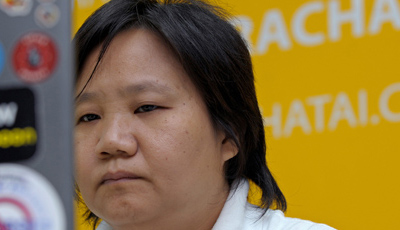
Attacks on the Press in 2011: Regulating the Internet
Legislation for Internet security can quickly turn into a weapon against the free press. Cybercrime laws are intended to extend existing penal codes to the online world, but they can easily be broadened to criminalize standard journalistic practices. By Danny O’Brien
Attacks on the Press in 2011: State Media As Anti-Media Tool
In some Latin American countries, state-owned media are used not only for propaganda but as platforms to smear critics, including journalists. Some elected leaders have even invested in large multimedia holdings to further their agendas. By Carlos Lauría
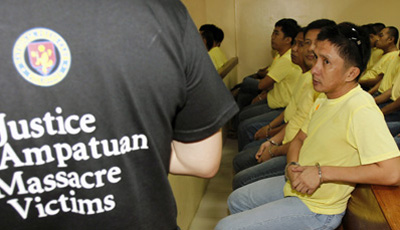
Attacks on the Press: Will Philippines Fail on Maguindanao?
Nearly two years since 32 journalists were murdered, the fight for justice has both intensified in rhetoric and bogged down in technicalities. Without a greater commitment of resources, the litmus test is one the Philippines could fail. By Shawn W. Crispin
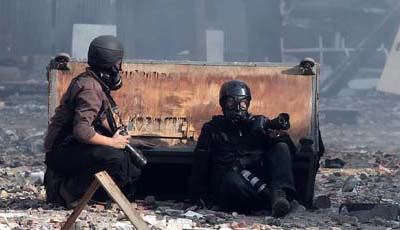
Attacks on the Press: From Uprisings, Trends to Watch
The Middle East’s political shifts changed conditions for journalists dramatically. The emerging trends favor free expression, but are filled with ambiguity and depend on the political configurations to emerge after the revolutionary dust has settled. By Mohamed Abdel Dayem
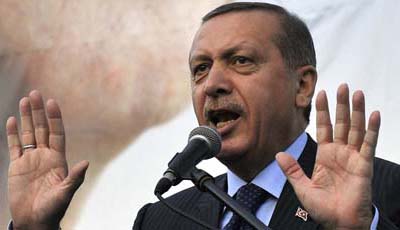
Attacks on the Press in 2011: Turkey’s Legal Problem
With the aid of anachronistic legislation and a rigid judiciary, Turkish officials and politicians have curbed free expression by subjecting journalists to endless court proceedings and legal costs. The EU and the U.S. are no help. By Robert Mahoney >> Türkçe
Attacks on the Press in 2011: Iran’s Vast Diaspora
Journalists who have fled Iran to avoid prison face a tense and lengthy process toward resettlement, an uncertain financial and professional future, and most of all, fear that the Iranian government will catch up with them. By María Salazar-Ferro and Sheryl A. Mendez >> فارسي
